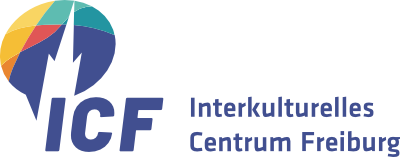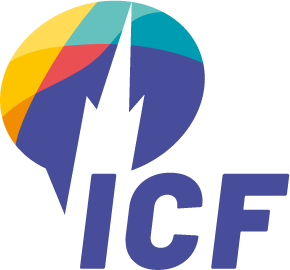Target group
The basic course German B1/B2 Nursing is aimed at international nurses in the recognition process. The course prepares specifically for the German B1/B2 Pflege examination.
Admission requirements
- Proof of nursing professional qualification abroad (by presenting a certified diploma)
- Proof of application for the granting of the German licence to practise medicine at the responsible regional council (by submitting a confirmation of receipt)
- Proof of German language skills at level B1 according to the Common European Framework of Reference for Languages (by presenting a recognised B1 certificate from Goethe-Institut, Telc or ÖSD, not older than 2 years)
Lecturers
Lecturers of the Basic Course German for Medical Nurses Deusch B1-B2 are qualified lecturers with a corresponding degree and relevant pedagogical professional experience in the field of German as a foreign language.
Course objective
In the Basic course German B1/B2 for medical nursing staff, the basic technical language knowledge for the areas of hospital, geriatric care and outpatient home care is imparted. The central vocabulary and important idioms for communication at work are trained. This includes conversations with patients and relatives, colleagues and doctors as well as telephone enquiries and agreements. In addition, relevant grammar topics (articles, adjectives, prepositions, tenses, subjunctive I and II, sentence structure, etc.) are taught and practiced.
The course intensively prepares nursing staff in the care of the elderly and sick for the Telc Deutsch B1 B2 Pflege examination, in which the candidates' technical language skills are tested.
E-learning
In order to deepen the acquired knowledge, the participants have various e-learning formats at their disposal, such as quizzes, interactive scenarios or simulations.
Methodology
- Activity orientation
- Interactive use of language
- Work with authentic material
- Visualization
- Simulation training of simulated scenarios from everyday working life
Funding
The course is designed for self-payers.
Certificate of participation
Upon successful completion of the course, participants will receive a certificate of participation
Evaluation
For quality assurance purposes, the course is evaluated twice (in the middle and at the end of the course) by the participants and the lecturers.






